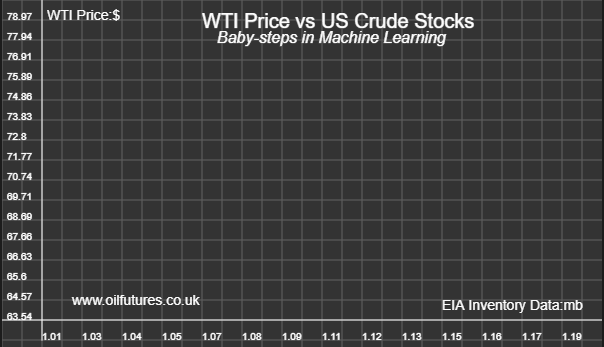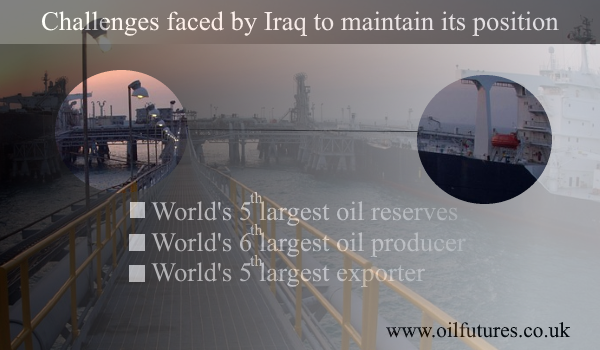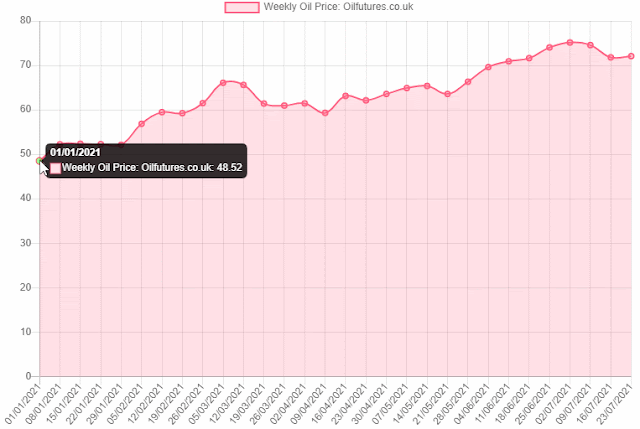WTI Oil Price against EIA Crude Inventories: why my machine learning algorithm failed to find the ultimate formula?

The crude oil price, which took a dramatic fluctuation last week, finally got the ultimate market stabilizer – the fall of the US crude oil inventories. It boosted the volatile markets with much needed impetus for some sort of stability. The draw of over 4 million barrels for the week ending July, 23, did the trick; the oil price started going green again on investors’ screens. That, however, has not been the case always – at least recently; the fall of US oil inventories did not bring about the desired effect on the crude oil markets, especially when the hopes of reviving the JCPOA, 2015 Iranian nuclear deal, sea-sawed wildly in the past few months. Against this backdrop, I was tempted this week to check the feasibility of coming up with a model to predict the weekly WTI crude price against the US inventory stocks. I used JavaScript programming to write just 160 lines of code in order to make a Machine Learning algorithm. You can get real data – the weekly oil price an


